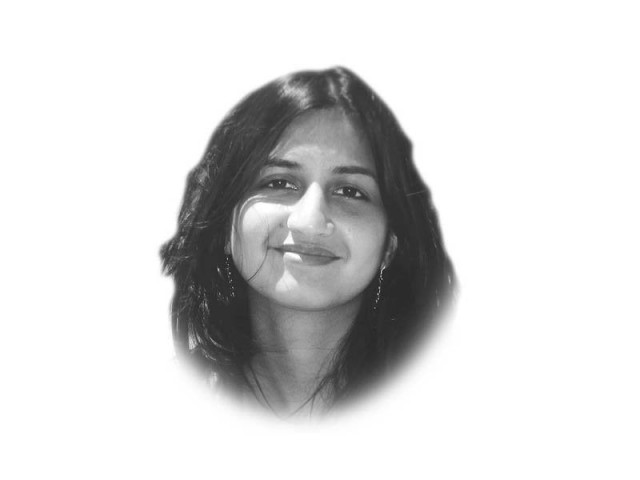Selective religiosity
After a terrorist attack, debate so quickly changes from the act of violence itself to the ‘victimisation of Muslims’

The writer is a freelance journalist
and an editorial consultant for
The Express Tribune
As investigations continue into the Orlando shooting, there could be very many truths to this particular attack. But regardless of how much religion played a part in this, it is still worth considering why the defence of personal faith is a near immediate reaction to acts of mass violence. After all such attacks, there often appears to be a unity in argument of Muslims around the world, that ‘this is not what Islam preaches’. If this reaction is based on the sense of being part of a collective, then it should be questioned why it does not extend to owning the very real problem of religious extremism. It has become deeply depressing how when in any part of the world a terrorist attack happens, the debate so quickly changes from the act of violence itself to a victimisation of Muslims. Charlie Hebdo is an important case in point of blaming the victim. This is not to underestimate the suffering of people who suffer discrimination on account of their religious belief, but there are times, when it is not the most opportune moment to point out how something may impact your religious image. Some instances of great tragedy are just moments of grief alone.
Because is Islamophobia worse than the possibility of a mother knowing her child is dying, the fear of knowing you are next in line to be killed, or waiting to know if someone you deeply love is on the list of the dead? And if it’s not worse, then how can, possibly, a massacre like this not be a moment of grief alone? How can such a tragedy be anything other than just that — if even for a day? With respect to Orlando, many Muslims have again turned to the problem of Islamophobia and the defence that Islam does not preach this. But commentators who argue for Islam being a religion of peace and the IS and al Qaeda a mere result of misreading the holy text out of context, forget that when there is room for interpretation, then there will be different interpretations and it is only a matter of personal opinion as to whether religious texts are being correctly interpreted or not. If direct, non-contexual religious teachings are acceptable on some grounds, then they would have to be acceptable on all. You cannot argue for the supremacy and progressiveness of Islamic law and then vehemently argue against an interpretation of it because it fits your purpose.
The argument of what is not Islam as a defence is then not only misleading but an obstacle to outrightly condemning violence. There needs to be a more honest and contextual reading of religion and its practice. There is nothing particularly radical or new about opening up debates on certain religious matters. Morocco’s feminist movement is an example where activists, who very much identify with Islam, after years of a dedicated movement managed to change the family law in favour of a more egalitarian marriage contract, nearly prohibiting practices such as polygamy on the grounds of religion itself. Opening up debate on religion is most necessary as the problem of terrorism continues unabated. The argument of ‘this is not Islam’ and what being a Muslim ‘actually means’ is not evidence enough for Islam being ‘a religion of peace’ if, at the same time, we think it is okay to kill on matters of personal belief. As things stand, both Muhammad Ali and Abu Bakr Al Baghdadi represent Islam — depending on which way you look at it.
Published in The Express Tribune, June 24th, 2016.
Like Opinion & Editorial on Facebook, follow @ETOpEd on Twitter to receive all updates on all our daily pieces.















COMMENTS
Comments are moderated and generally will be posted if they are on-topic and not abusive.
For more information, please see our Comments FAQ